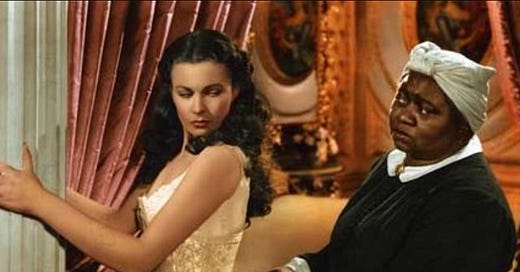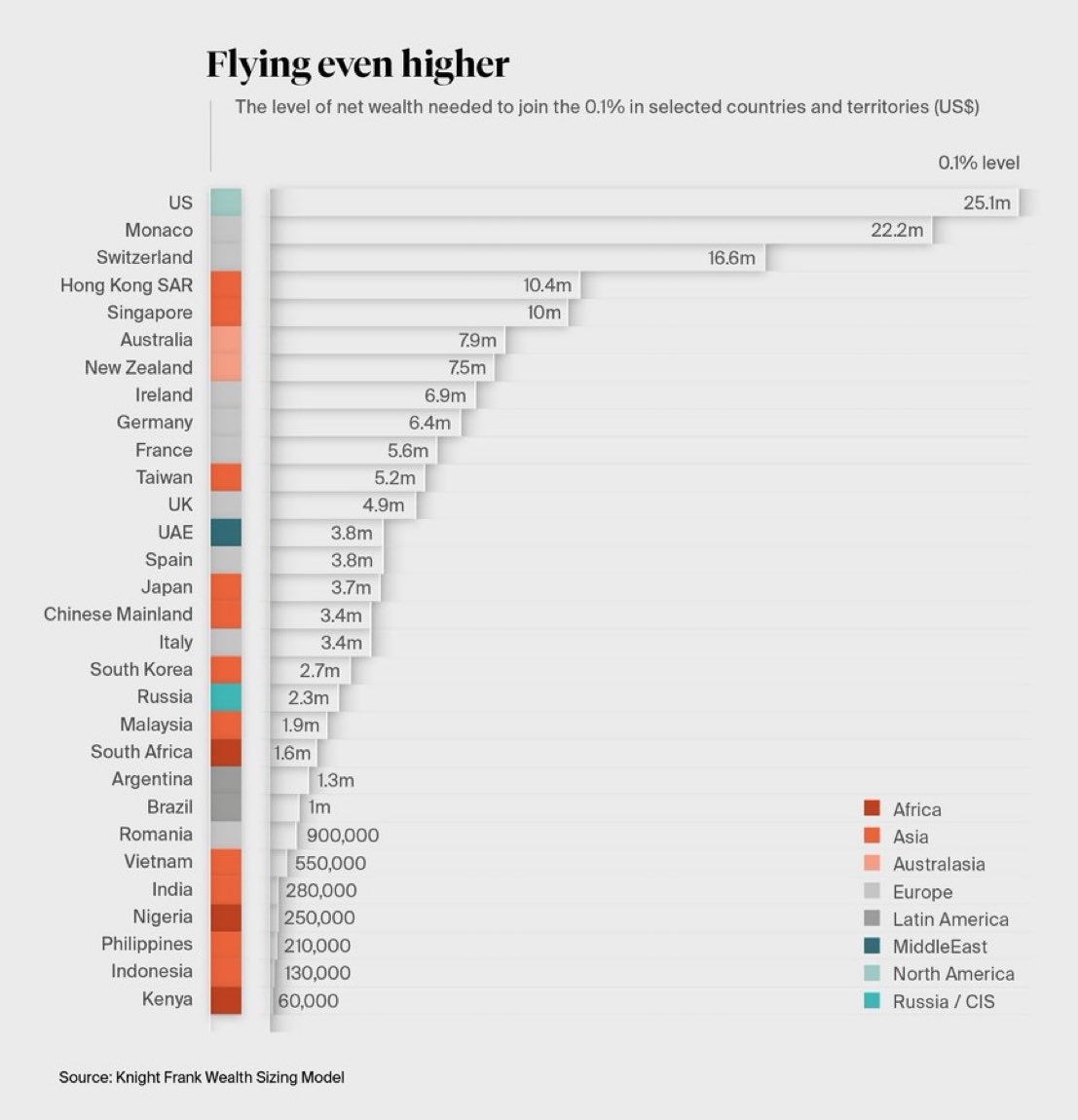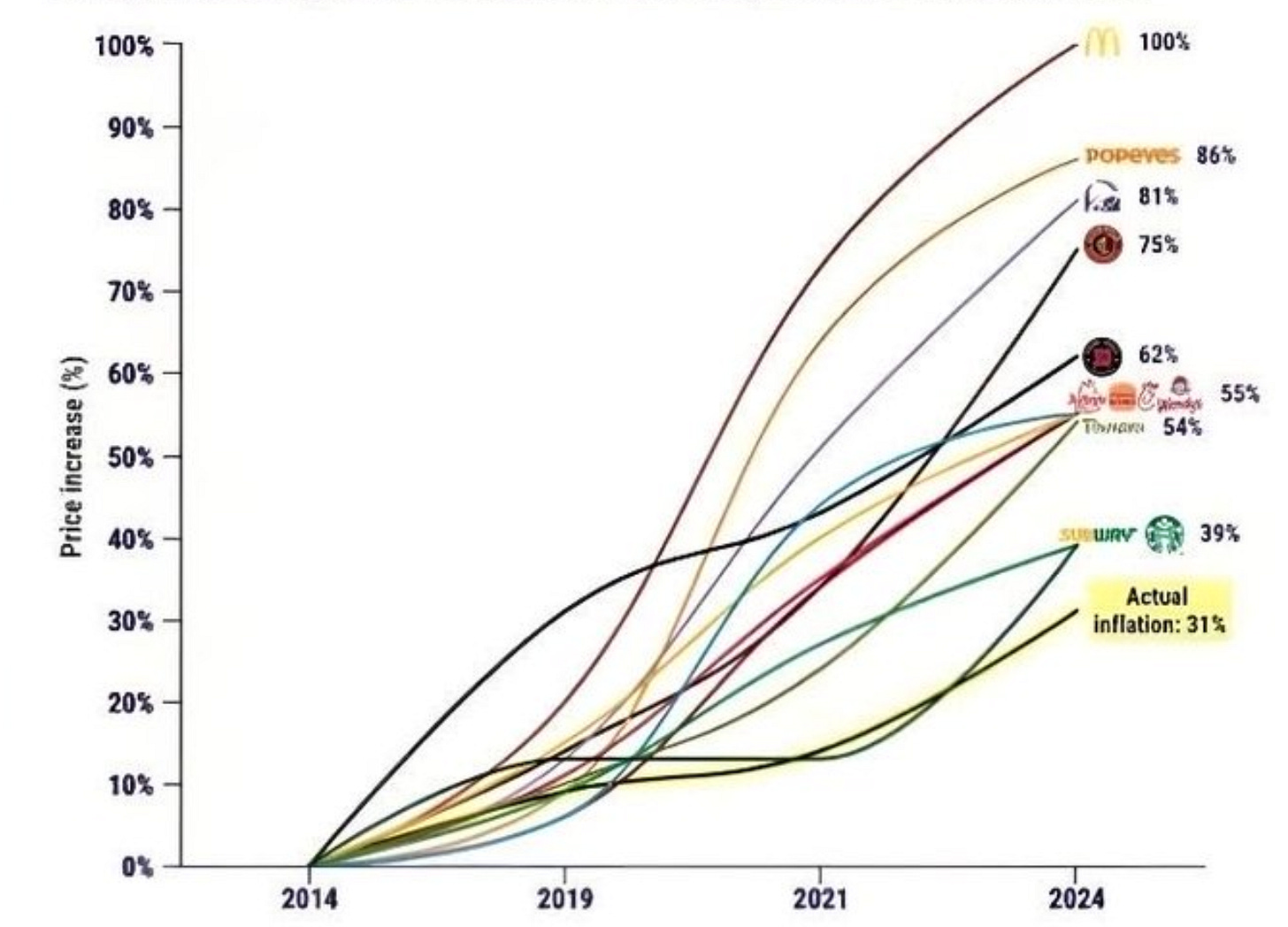My Grandmother celebrated her 99th birthday this year. Like many seniors approaching their Century Jubilee, she adamantly insists upon remaining in her own house even though she can no longer take care of herself alone. Therefore, we’ve brought in Doris, a Ghanaian woman who has been living in the U.S. for decades now, to be a 24/7 caretaker.
The full-time live-in nature of the gig at first glance from the outside does almost appear to be a form of soft-slavery. More in the vein of Gone With The Wind or Driving Miss Daisy than 12 Years a Slave. With the exception of an annual trip back to Ghana for a few weeks and some days off here or there for appointments she’s mostly trapped in the home, at work. Making a wage of about $8/hour if you consider every hour is on the clock.
For Doris though, the situation is quite amicable. When dealing with a 99-year-old the caretaker often times is more of the master in the relationship. Reminding the increasingly senile senior when to eat, take a bath and such.
Her salary is north of $70,000 a year off-the-books, which is not half-bad for America, but in Ghana makes her petit-royalty and a microcelebrity. I haven’t been to the airport in Accra to confirm, but Doris claims there’s a photo of her on the wall there honoring her philanthropy in sending tons of goods back home.
A Revisionist View of Slavery
It’s hard to truly get an accurate picture of what American slavery as a whole was like. Every history comes with it’s own spin. Accounts run from truly horrifying conditions to arrangements where the slave was basically like another family member on the plantation. I imagine experiences varied quite a lot on an individual basis
I’ll admit to relative ignorance on the matter, but my naturally skeptical hunch is that the conditions weren’t as bad as the Media and Hollywood would like you to believe. Especially when you consider the long-term implications.
The toil of their ancestors afforded African-Americans citizenship in the great global empire that is the present-day United States. Took many generations of pain, but a black kid now grows up in Arkansas instead of in a village in Gambia. Massive difference in quality of life and opportunities. It may sound insane, but on some level many Black Americans should be thankful for the slave trade. Unless they would prefer to be living in current-day Senegal.
When the crazy topic of reparations gets brought up, you have to consider the value of U.S. citizenship. If Passports were a pay-for-play game how much would they go for on an open-market? I’d wager quite a lot of money. Maybe enough to pay for any “ancestral debt” owed.
The Modern Offer
People in America are fed up with price increases. They may claim to want to pay people a “living wage” but at the same time they’re are exasperated that Fast Food now costs $10+ dollars a meal. The consumer generally speaking is ruthlessly demanding. He will dispatch an illegal immigrant to pickup his DoorDash in a snowstorm and not think twice.
There already exists an implicit migrant slavery system in the USA. It’s a messy situation where undocumented persons from the 3rd world come through our basically wide open border. They then proceed to pack into flophouses with fellow countrymen and work in industries where the jobs are dirty and pay is exceedingly low. You likely don’t know many people working at industrial slaughterhouses. It’s basically all migrants of questionable legal status. Unsavory, but probably keeps the beef prices at tolerable levels.
What’s the endgame for the migrant? In a more direct and moral path, the same as those who came over in the slave ships. A better life for their ancestry via U.S. citizenship that their children can earn
I propose we bring this system out of the shadows and make it more explicit. Close up the border to end the chaos and then spearhead a recruitment mission in the Global South. The offer:
A one-way ticket to America. You’ll be provided food and board, basic necessities taken care of, but otherwise conscripted to being a dignified work slave. You’ll earn no income, but your children will be free U.S. citizens.
How many 3rd-worlders would accept? I’d guess you could find millions every year.
The system wouldn’t be based on race (although you likely won’t find many whites in the feeder countries) but on the American Empire leveraging its economic might. It could be quite popular with wealthy Indian-Americans who are accustomed to a caste system. Tech millionaires tapping into the slave pool for domestic helpers.
For the huddled masses of Dhaka, an opportunity for a secure future is possible. For the citizens of America, a chance to squash the wage-price inflation spiral on the backs of willing labor.







Great article about something no one wants to talk about...